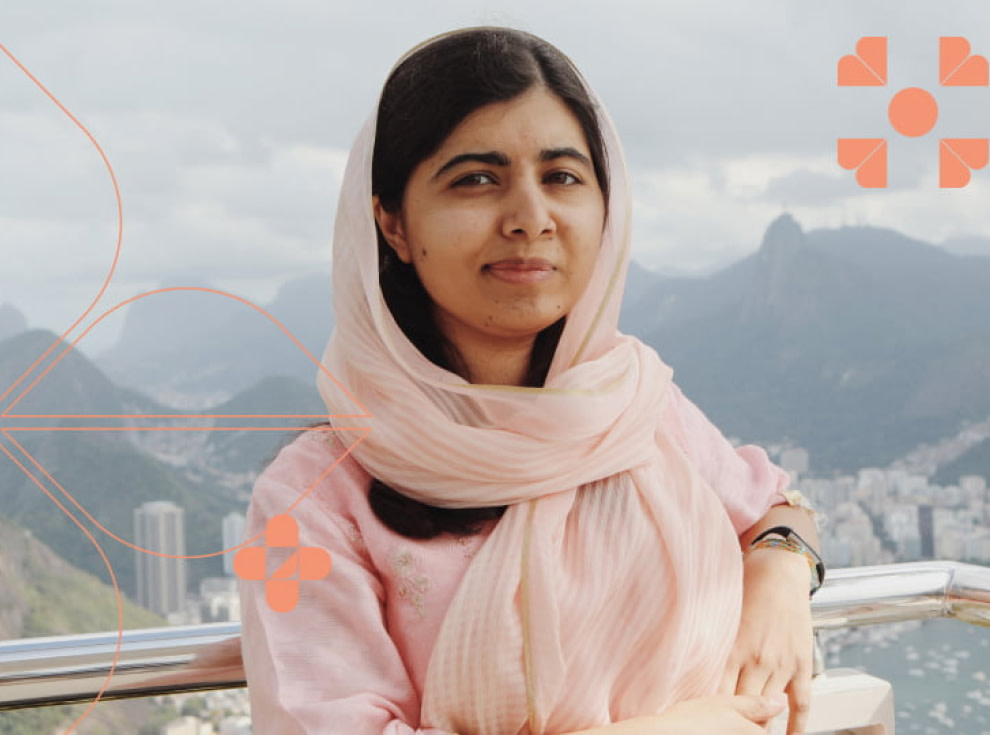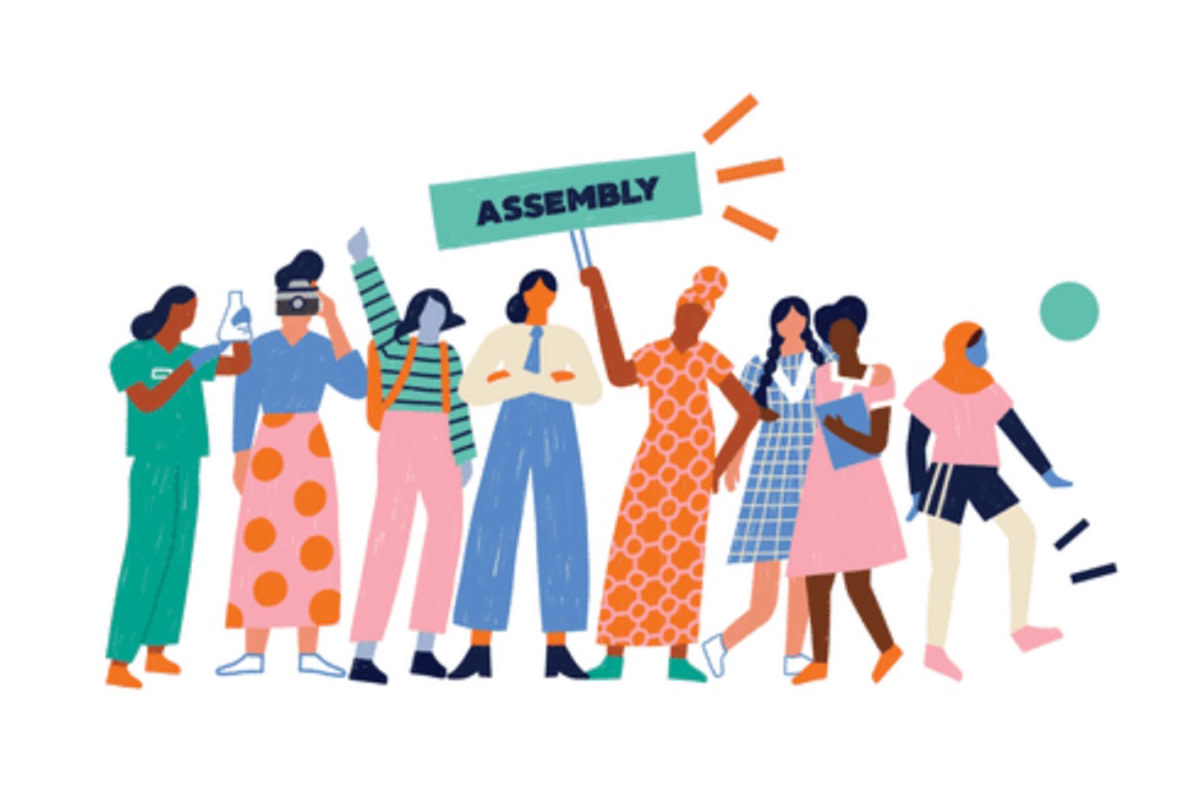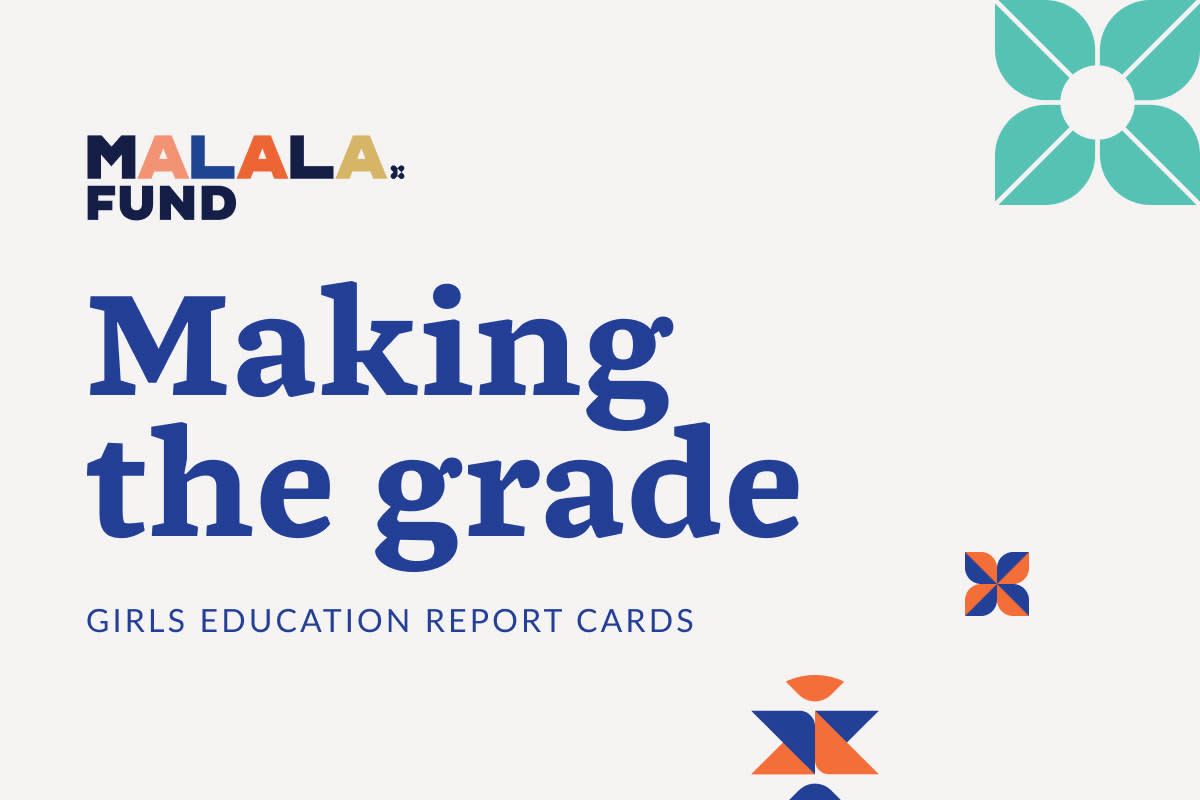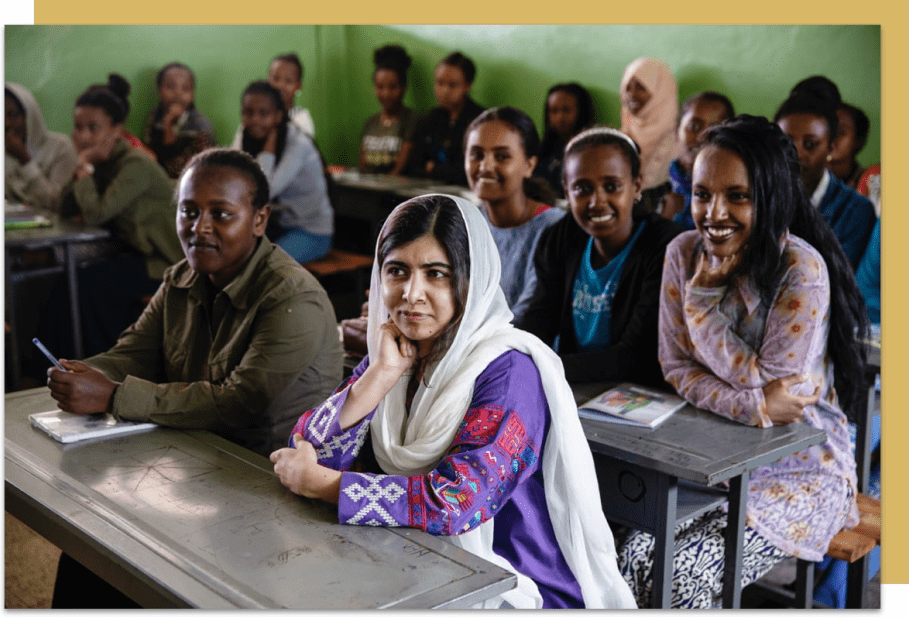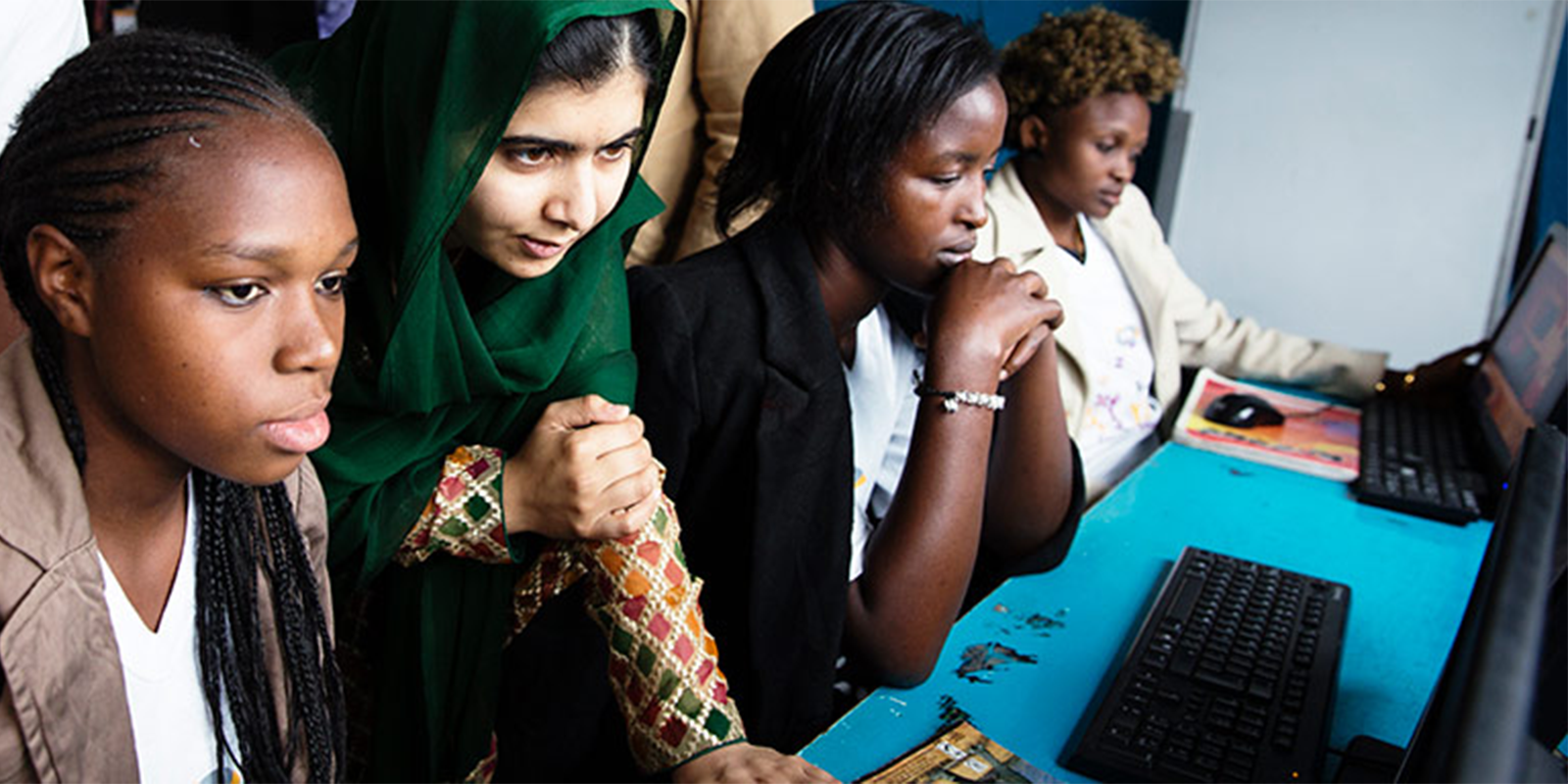
Courtesy of Malin Fezehai for Malala Fund
Girls' education is key to tackling global challenges.
In her foreword to Priorities of the 2017 G20 Summit, Chancellor Angela Merkel identifies pressing economic, social and political problems — and she challenges her G20 colleagues to work in concert to safeguard inclusiveness and shared prosperity.
To overcome the global challenges the Chancellor highlights — economic uncertainty, conflict, climate change, health crises — we must make girls’ education a bigger part of the solution. This paper argues that to achieve its agenda, the G20 must acknowledge the fundamental importance of education, specifically secondary education for girls. In doing so, G20 countries should commit to closing the global education funding gap and tackling the barriers that keep girls out of school and those that stop them learning in the classroom.
Part One of this paper presents a review of the literature linking girls’ completion of secondary education to economic development, participation in the workforce, improved health, peace and stability. Part Two evaluates current financing and support for girls’ education across the G20 and around the world. Part Three sets out a list of recommendations for the G20 and its members to make a full course of primary and secondary education a reality for all girls.
